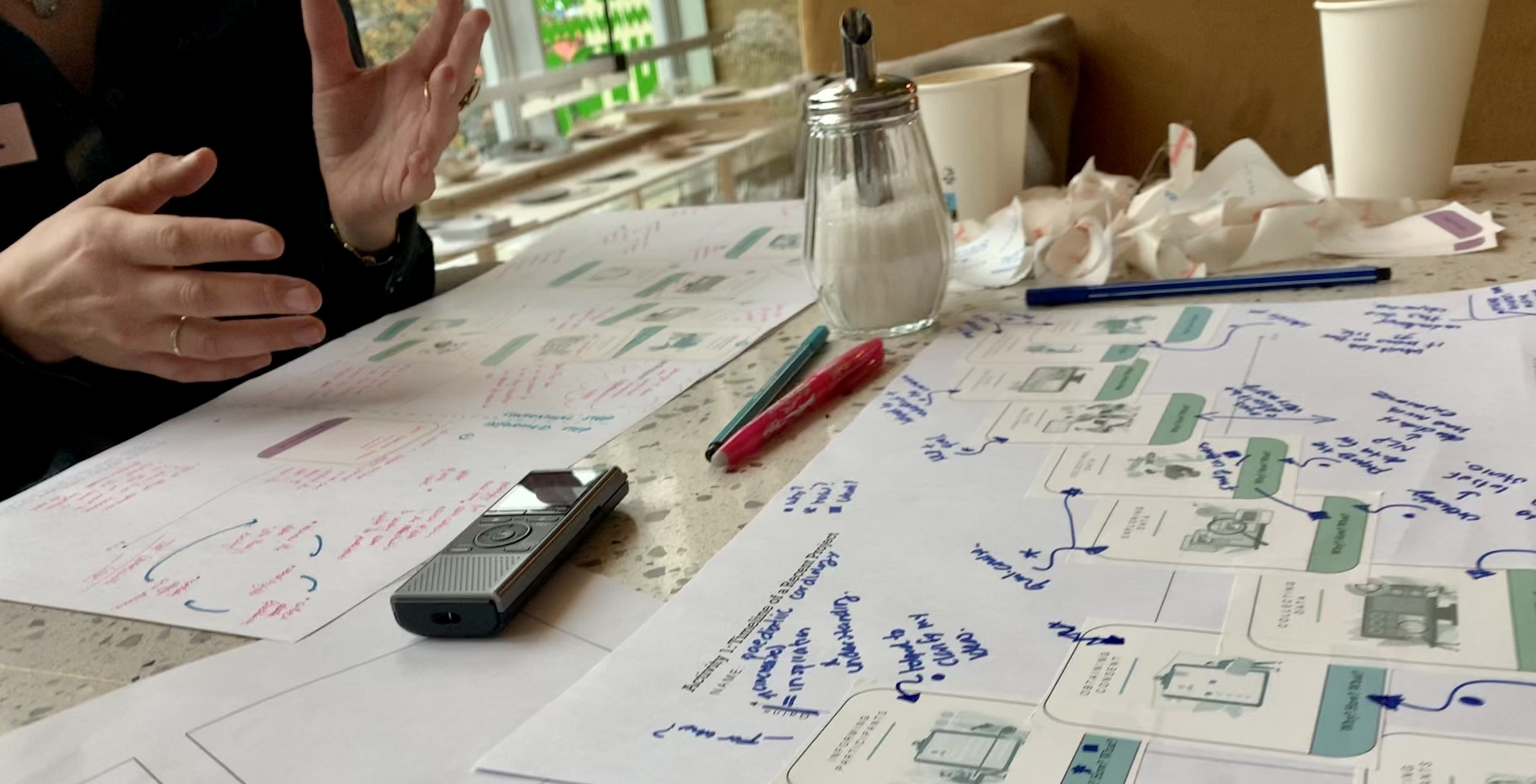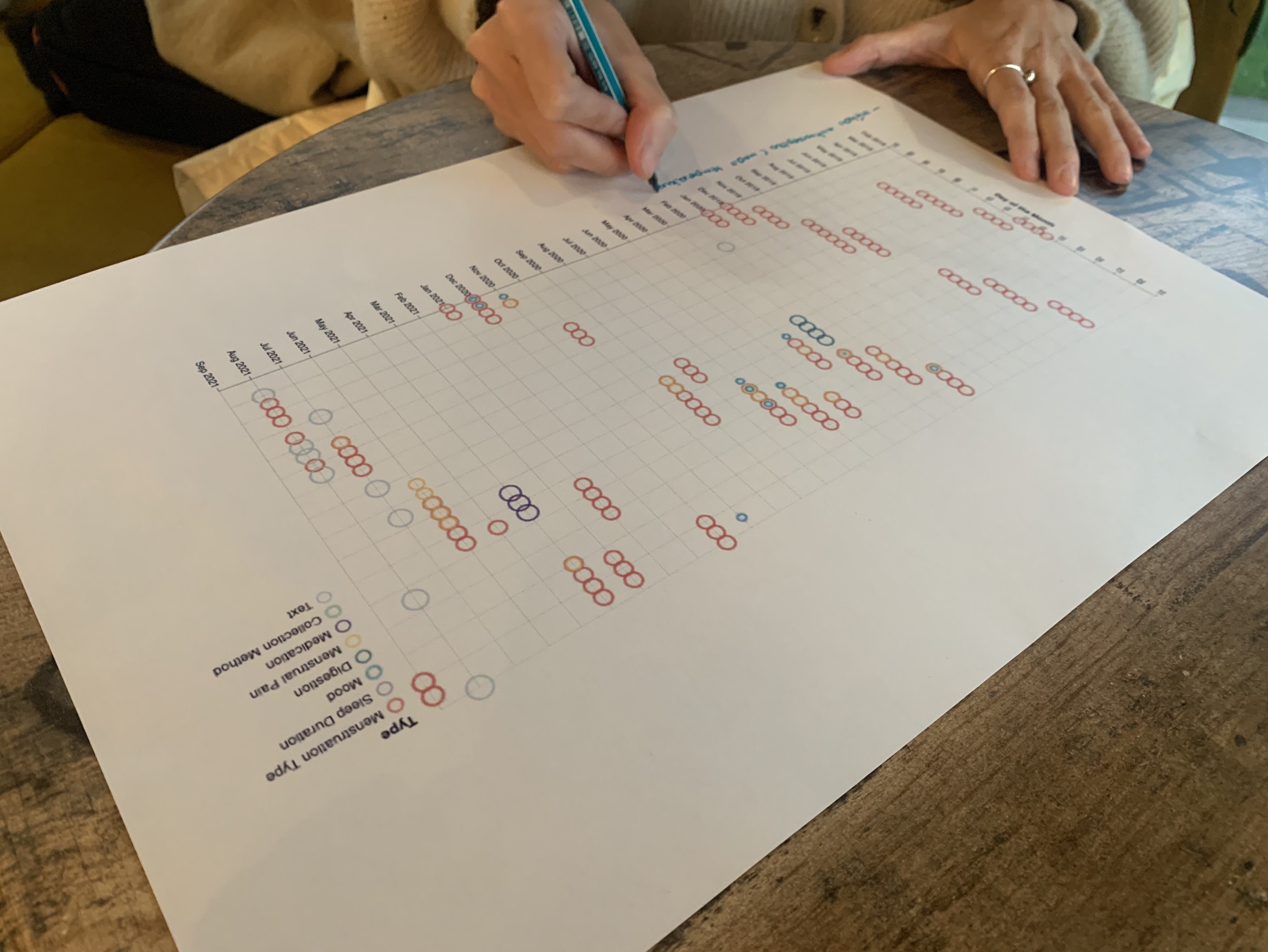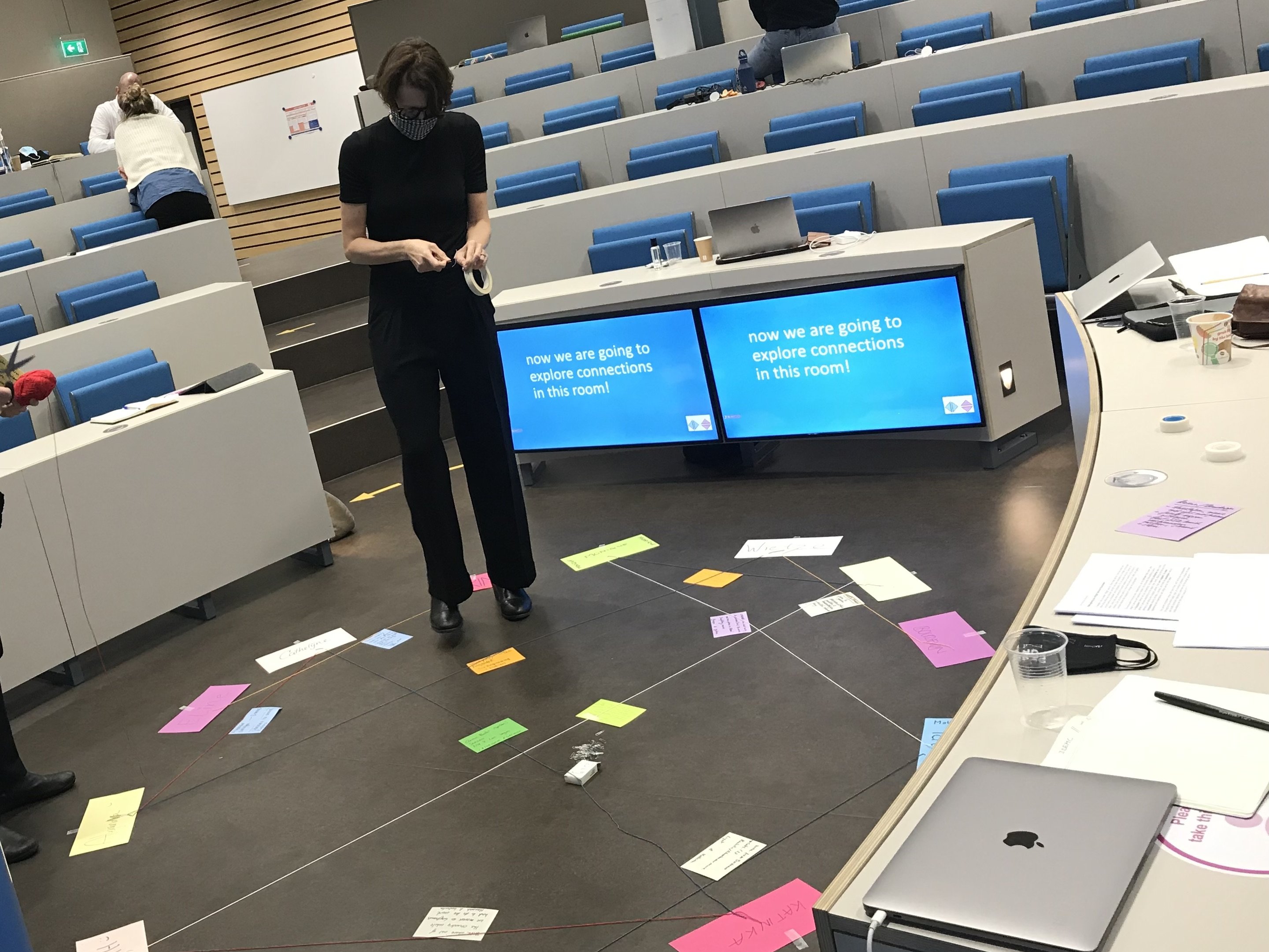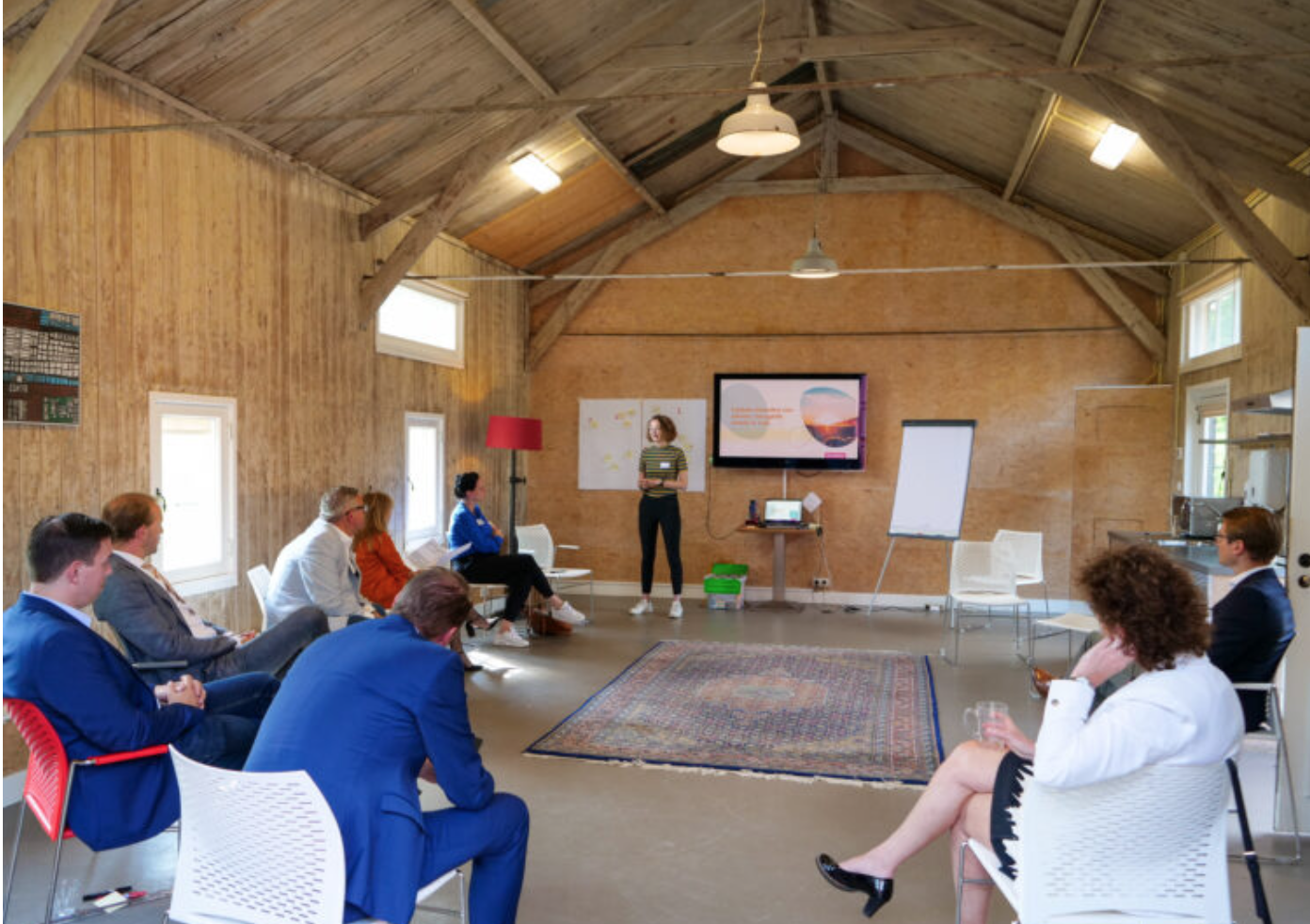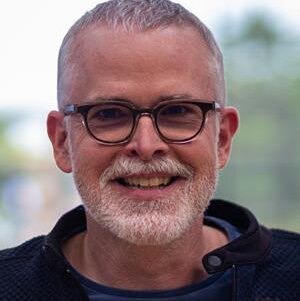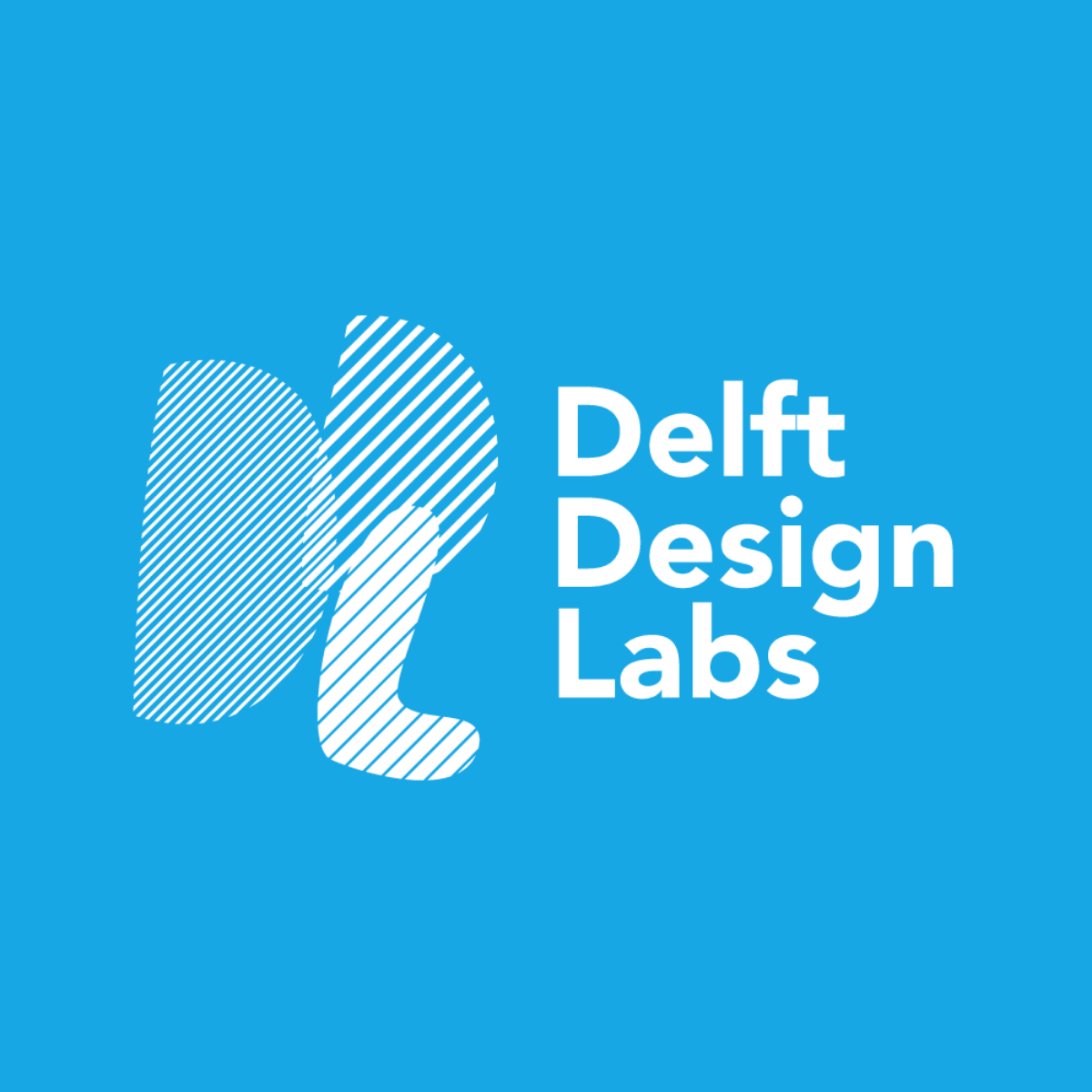The creative breeding ground of Delft Design Labs
By Heather Montague
Imagine a research environment fuelled by creativity, where people from different disciplines and varying levels of expertise collaborate, seeking new insights and solutions that can change the world. That is what you’ll find in the Delft Design Labs, a theme-based research platform at the TU Delft Faculty of Industrial Design Engineering (IDE) that brings researchers, students and external partners together to find innovative solutions to the complex challenges of our time.
Since the first Delft Design Labs were set up in 2017, the initiative has seen tremendous growth. Today, more than 20 active labs showcase the variety of topics that IDE researchers are passionate about. “They are like the sources of creative power that we have on our research staff,” says Delft Design Labs Director and Associate Professor Rick Schifferstein. “I really see the labs as a bottom-up movement where everyone tries to follow their passion, to grow, to connect to other people and create projects.”
With themes stemming from the pillars of the faculty’s research - health, sustainability and mobility – Schifferstein hopes the labs will be a creative breeding ground for the development of scientific ideas in the area of design research. “One of the most important things about the labs is not having very strict boundaries on how people need to structure things or what their limits are. I think if you have a great idea and you really want to go there, just do it!”
Launched this year, the Data-Centric Design Lab aims to combine participatory design, in other words, involving end users and stakeholders in the design process, with behavioural data. Assistant Professor and lab director Jacky Bourgeois describes behavioural data as all the information we can track about people, referring to it as a “new material” for designers to play with. “I see it as a way to mediate the relationship between the designer and the stakeholder, to enrich the design process with the possibilities that data offers.” To put it simply, learning as much as possible about the potential end user helps you to design the right thing.
One project spearheaded by the lab centres on the relatively new concept of data donation. Similar to organ donation, people can donate personal data for research which could be used for the benefit of society. The lab conducted its first data donation campaign using an app that tracks menstrual cycles. It tested the whole process, from attracting donors to gathering anonymised data, exploring the data as a designer would and then interviewing people based on the data. In addition to the aim of helping design more inclusive and useful period tracker technologies, a project like this generates knowledge that enriches the lab and the faculty and can be shared and reused by partners.
Dealing with societal challenges involves complex and dynamic systems. The Systemic Design Lab tackles those challenges through design to support the transition towards a more sustainable future. “We want to be at the forefront of developing and applying knowledge, theory and methodologies for systemic design,” says Jotte de Koning, Assistant Professor and co-director of the lab, together with Nynke Tromp and Mieke van der Bijl-Brouwer. They also hope to be a place where people from different disciplines can come together and learn from each other as they work toward the goal of generating systemic change within society.
The lead researchers of this lab come from three different IDE departments, bringing varied knowledge and experience to the table. Their projects deal with different societal challenges and complex systems. For example, Food Waste: Transition from Excess to Enough is about fostering a transition of the Dutch food system so that we consume everything we produce. This project is a collaboration with the University of Groningen, Wageningen University, and numerous food system actors. ENRGISED is another project that exemplifies the transdisciplinary approach that is inherent in systemic design. Together with the faculties of Social Science and Computer Science at the University of Utrecht, IDE researchers are investigating the social contagion of decision making in transitions.

The Participatory City Making Lab, led by Associate Professor Ingrid Mulder, investigates the changing role of design in a world in transition, by researching how participation in local experiments can build infrastructure and the capacity to change. “We focussed on the city context because societal issues are observable on a city level and at that level you can reach out to a lot of different stakeholders,” she says. The lab doesn’t design things in or for the city, but the researchers and students use the city as a space to understand the new role design can play in addressing societal challenges.
Those challenges include transitions towards the circular economy and the energy transition. Challenges which are complex and can’t be solved by simply designing a product or a service. Challenges that certainly can’t be solved by a single stakeholder. A good example of multi-actor collaboration comes from the four Dutch municipalities jointly known at De BUCH. Recognising the potential benefit of a design approach in their circular ambitions, they teamed up with the lab on a project to transform their recycling centres into De BUCH Circular Centre, which aims to house initiatives such as a repair café, a workshop and a thrift store. By working with local stakeholders, the lab is supporting the move from initial ideas to socially-enabled systemic changes and the journey towards a circular economy.
The Delft Design Labs give IDE students the unique chance to be involved in the faculty’s research. With opportunities ranging from graduation projects to internships, students essentially act as design researchers. Collaborating with significant stakeholders on projects, students produce design innovations, generate knowledge, contribute to projects with societal impact as well as build a post-graduate network.
Doing his master’s graduation project with the Participatory City Making Lab, Alberto Magni experienced these things first-hand. Working on the H2020 EU research project DESIGNSCAPES, he says it was unique as a student to be able to contribute as a researcher on a project of that level. He encountered studios, agencies, entrepreneurs, and start-ups that were the role models he looked to as a designer. Magni says there are many great aspects of doing a project in a lab, but one of the best things is understanding what your role can be as a designer to enable and support societal change. “You also have the chance to be part of a community of innovators that will eventually grow and help you develop even beyond your studies.”
The other important part of the equation is joining forces with external organisations. For the partners, it’s an opportunity to work with scientists and design students to make an impact both societally and scientifically. It’s access to state-of-the-art knowledge, pioneering design thinking, and a broad network of collaborators who can support and learn from each other.
Se.Lab, an organisation focused on accelerating social innovation, worked with the Participatory City Making Lab on De BUCH and other projects. Marguerite Evenaar, Se.Lab project leader, believes the students have a lot to offer. “Besides the shared vision on systemic changes they turn their visions, research and ideas into concrete solutions which are usable for the future,” she said. “The way they approach the changing role of design in order to accelerate systemic changes and raise awareness of the circular economy is inspiring. The tools they use are innovative and working with them also gives us new ideas on how to approach these transitions.”
During Master Research Day on the 8th of February, students from IDE’s three masters programmes can get acquainted with Delft Design Labs as well as other research opportunities at the IDE faculty. Choosing from a series of twenty workshops, participants can get a taste of the topics researchers are working on, the methods they use and learn about opportunities to get involved with. It’s a chance to be inspired by Delft Design research and maybe even join the growing community of innovators at Delft Design Labs who are taking on the complex societal challenges of our time.

